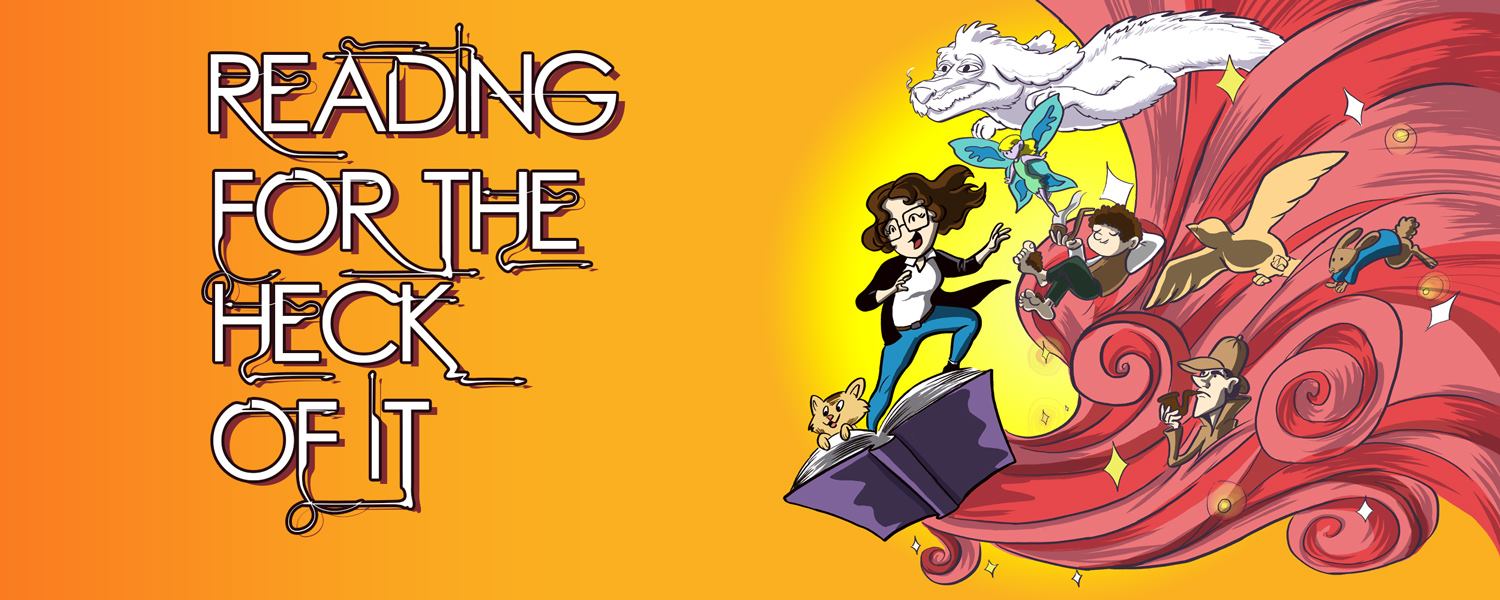This quote blew my mind because I feel I'm constantly justifying to people why I do the work that I do even though some of it doesn't compensate me at all (the blog) and the one that does is probably never going to make me financially solvent (children's librarian). Looking at the bigger picture is hard if you are cutting out the crucial bits like death which comes for us all.
Indeed, this is how 99 percent of people select their jobs: pay, work, environment, house. But that's the point. Putting lifestyle first is how you find a job - not a calling. - pg 68-69If I remember correctly this was a quote from Paul's wife and I think it perfectly encapsulates why this is such an important book. It's why I've read and reviewed so many books around this topic over the past year.
Paul confronted death - examined it, wrestled with it, accepted it - as a physician and a patient. He wanted to help people understand death and face their mortality. Paul's decision not to avert his eyes from death epitomizes a fortitude we don't celebrate enough in our death-avoidant culture. - pg 215
 |
| Source: Amazon |
Side note of interest (at least to me): Lucy, Paul's widow, found love again with a recently widowed father of two...who's spouse also wrote a book about her journey of dying. That book is The Bright Hour: A Memoir of Living and Dying by Nina Riggs and yes it's totally going on my TRL.
What's Up Next: Being Mortal: Medicine and What Matters in the End by Atul Gawande
**If you're interested in buying this book or any books really, you can click here or here. The first will re-direct you to AbeBooks and the second will re-direct you to The Book Depository. These are great websites for purchasing books (AbeBooks carries inexpensive used and out-of-print books and The Book Depository ships free everywhere in the world). Full disclosure: I will receive a commission on all sales made by following either of these links. I wouldn't recommend a site that I didn't use and you are under no obligation to purchase anything. :-) **

No comments:
Post a Comment